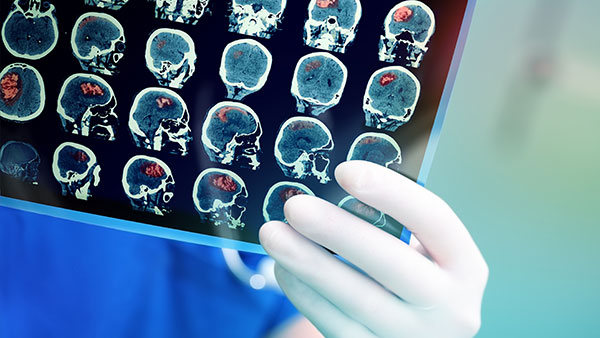Stroke Education
A stroke occurs when the blood flow to the brain, or a part of the brain, is interrupted. Deprived of oxygen, nerve cells cannot function and die within minutes. When these nerve cells die, the parts of the body they control are unable to function. The affected functions will vary depending on what part of the brain is affected. Because brain cells cannot be replaced, the effects of a stroke are often permanent.
- Cerebral Vascular Accident (CVA)
- Ischemic Stroke
- Transient Ischemic Attack (TIA)
- Intracranial Hemorrhage (ICH)
- Cerebral Thrombosis
Ischemic Stroke is the most common type. It occurs when a clot of other blockage stops or hinders blood flow to the brain. Ischemic Strokes account for more than 80% of strokes that occur. Transient Ischemic Attach (TIA) is also called a “mini stroke” and occurs when a blood clot blocks and artery for a short time. The symptoms of a TIA are like warning signs of a stroke but they usually last only a few minutes. About 100% of strokes are preceded by TIAs and are a very strong predictor of stroke risk TIAs are a medical emergency and should be treated immediately! Hemorrhagic Stroke is caused by a blood vessel breaking or rupturing in the brain. This is also referred to as a “cerebral Aneurysm” or “Brain Hemorrhage.” The main cause for this type of stroke is high blood pressure or hypertension.
If you think you are having a stroke, immediately call 911.

